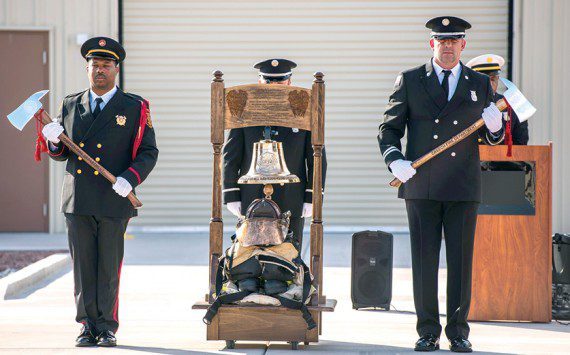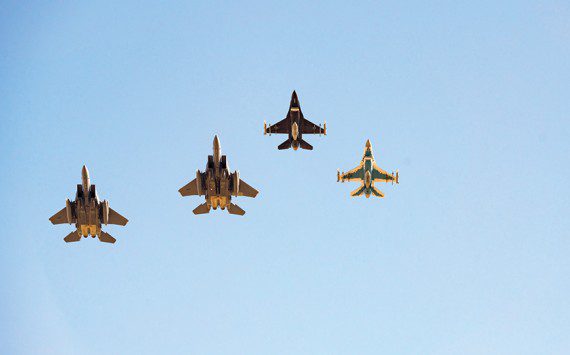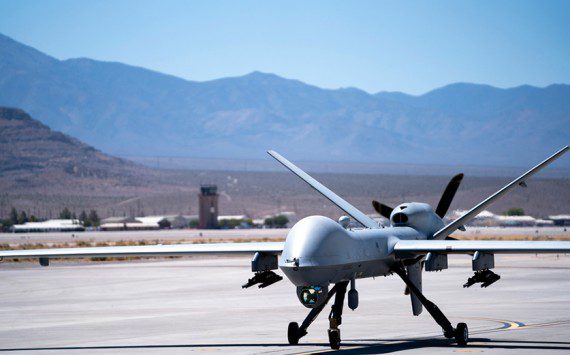SCHRIEVER AIR FORCE BASE, Colo. — In the summer of 1998, I reported for new cadet basic training at the Virginia Tech Corps of Cadets, a military institution for all ROTC cadets attending Virginia Tech.
Within hours, I was taught a Latin phrase that would eventually shape the way I conceptualized the role of a military leader—Ut Prosim.
This phrase is not only the motto of the university and its Corps of Cadets, it is a mindset instilled into the young officers being developed there. Its English translation is, “That I May Serve,” and has become foundational to the leadership role I have now assumed as the commander of the 2nd Space Operations Squadron.
The concept of servant leadership is nothing new, but the way in which we embrace it as a culture of air, space, and cyber professionals must be at the forefront of our consciousness as we work together to command space and cyber systems to deliver global combat effects. For me, servant leadership is about the mission and the people.
As Airmen, we are all responsible for embracing selfless service, often having to put the mission ahead of our own personal needs. In my short time here at Schriever, I have seen the way our space and cyber professionals have come together under the Space Mission Force construct to deliver unprecedented effects downrange as a total force integrated team.
This month, the Global Positioning System will reach its 21st anniversary since being declared fully operational in 1995. This anniversary, number 21, is particularly significant for Team Blackjack, the total force compilation of the 2nd and 19th Space Operations Squadrons that command and control the constellation. Twenty-one years of GPS successes have been made possible because the men and women of Team Blackjack have embraced a sense of selfless service and dedication to our mission.
“That I May Serve” is more than the dedication to the mission however. It also means that as Airmen and leaders, we must be willing to serve one another. A commander is responsible for both the mission and the people executing the mission. I am humbled by this responsibility and I embrace both aspects of this charge. As a servant leader, I recognize the expertise, ingenuity and professionalism of those in my command and I strive each day to empower them. To empower them, I know I must serve them. I must provide them with a command climate that enables them to embrace their profession of arms in order to produce results. In service to them, I know I must provide them with honest feedback and ask them to provide the same to me. I must listen to them as they tell me what they need to get the job done. I have pledged to them that I will get them what they need or explain why I cannot. I serve them through my leadership, by providing guidance and enabling them as they execute their part of the mission for the 50th Space Wing. As I met with the flight leadership in the squadron, I asked the same question, “what do you need from me to do your mission?”
My hope is this question will be echoed throughout the unit, down to each and every Airman who ensures our effects are delivered on time and on target.
Moving forward, I will ask myself each day how it is that I have served. That service may be measured in combat effects downrange, one-on-one feedback sessions with the professionals I lead or a performance report that is written accurately thoughtfully, and on time. That service may be measured by removing a road block in front of a mission commander trying to develop tactics during advanced training or by teaching a first-term operator the importance of debriefing after a mission. Whatever form that service takes, I will wake up each morning with the same charge—to serve those that I lead. The question one should be asking themselves now is “how is it that I may serve?”
Ut Prosim Team 5-0!











